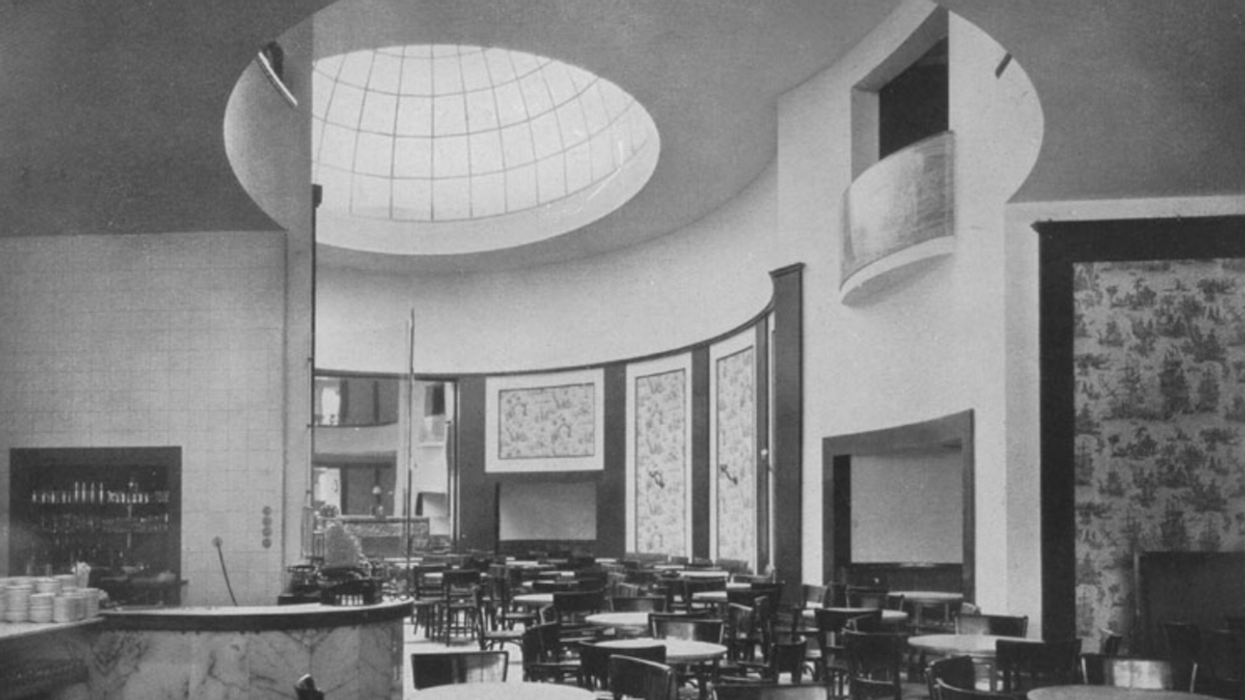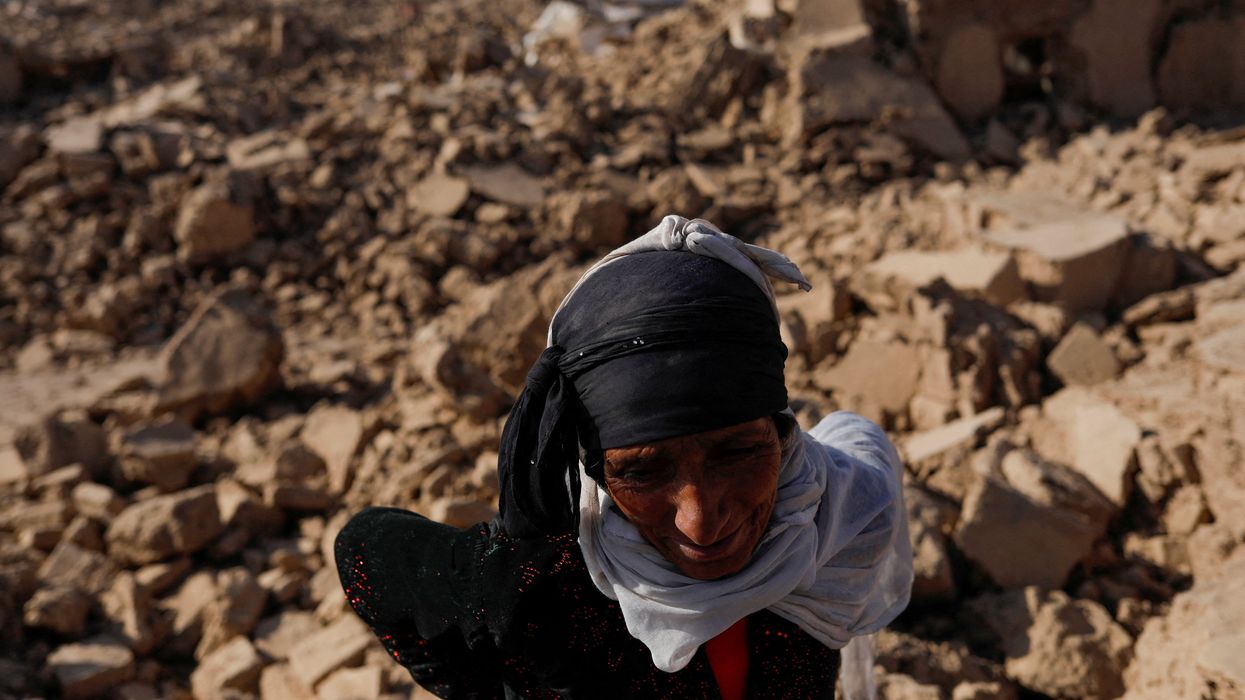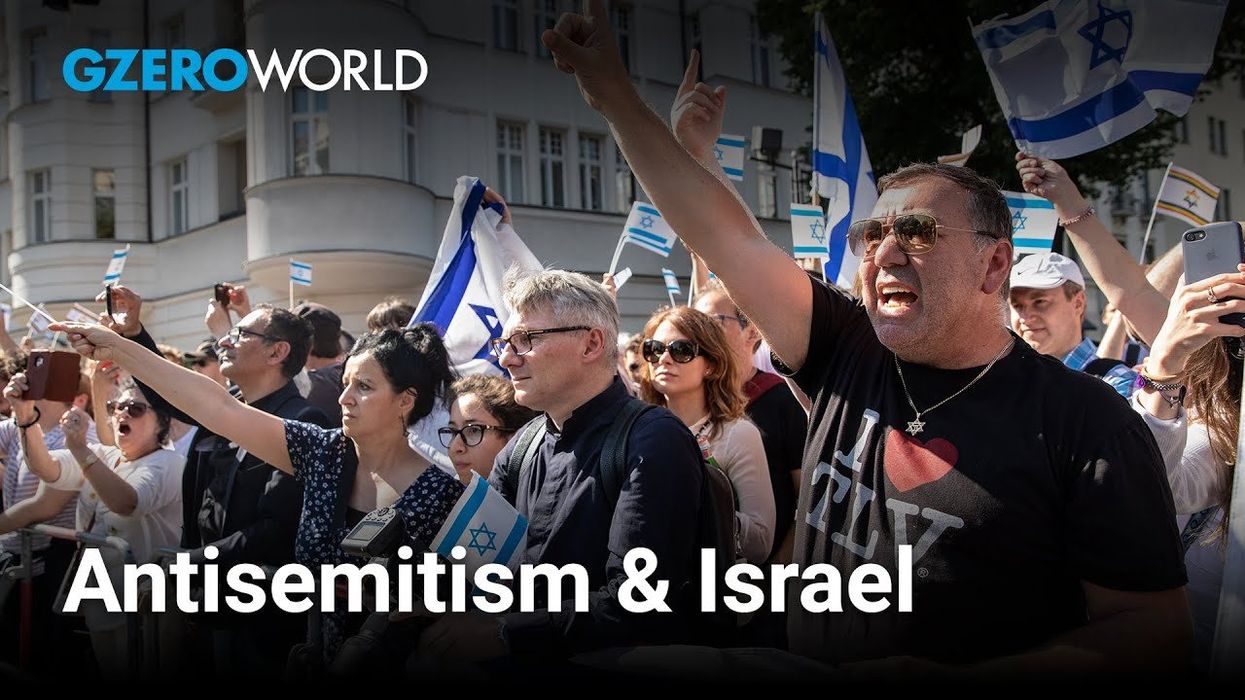popular
OPINION: Stop with the “1930s” stuff
A woman at the recent United for Israel March at Columbia University told GZERO Senior Writer Alex Kliment that the school itself had become “like 1939 Germany, and I don’t say that lightly.” Kliment doesn't say this lightly either: Get a hold of yourselves.
May 03, 2024



